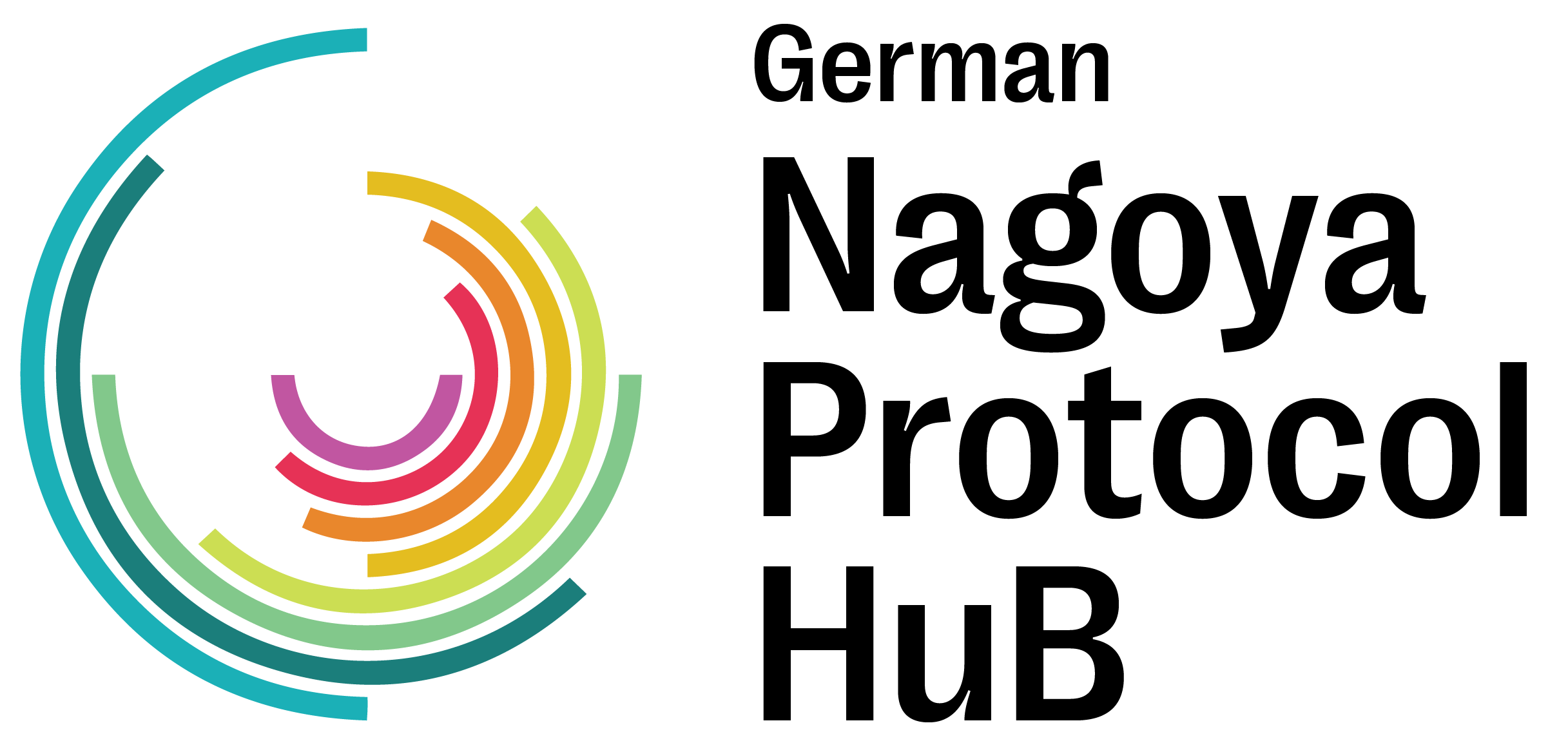About the GNP HuB Network
The implementation of the Nagoya Protocol has posed some challenges for the academic research sector in Germany. Nevertheless, there has been a lot of learning by doing and by sharing experiences and learning from one another, the research community can work towards overcoming some of these challenges.
The GNP HuB Network brings together people from all over Germany, providing a platform for:
1.
the regular exchange of information on an informal and friendly basis
2.
awareness-raising about access and benefit-sharing and the compliance with the EU laws implementing the Nagoya Protocol
3.
networking with other practitioners in Germany who are in the same boat, i.e. people who want to understand their obligations and know how to deal with them.
Who’s in the GNP HuB Network?
This informal network is for the academic research community. Our participants range from newbies to the Nagoya Protocol right through to people with a lot of experience.
Who are they?
- researchers from German research institutes and universities who work directly with biological material
- Nagoya Protocol compliance officers or other administrative or legal staff from German research institutes and universities who support researchers with compliance
- staff from collections of biological material and research museums
- staff of professional associations for the life sciences community in Germany
- staff from funding agencies
- staff from government authorities and institutions
- other experts on the Nagoya Protocol
People from a number of German institutions are involved. Here are just some of them!
What do we do?
The participants of the GNP HuB Network tell us what they want to discuss and we organize it.
Our events are conducted in both German and English, although we often use English. Why English? As you are aware, the research community in Germany is very international and there are not quite up to speed in German in order to participate actively in German language events. By conducting events in English, GNP HUB can be as inclusive as possible.
Are you interested in finding out about our past or upcoming events? Check out the our calendar.
Regular GNP HuB Meetings (“Stammtisch”)
We organise a virtual (online and alcohol free) Stammtisch that takes place every couple of months.
We use these informal meetings to touch base with one another and to talk about a wide range of issues relating to the implementation of the Nagoya Protocol, such as understanding the EU ABS Regulation, how to deal with the Nagoya Protocol at an institutional level, experiences dealing with access and benefit-sharing in different countries etc.
There is always time for questions and discussion, contributions by participants are encouraged, and guest speakersare welcome.
We understand that not everyone has the same level of experience or expertise on the Nagoya Protocol. For that reason, we also organize an occasional Stammtisch for the newbies in our network to talk about the basics and to help get them up to speed quickly.
Small ad-doc meetings
Participants in the GNP HuB Network can form small ad-hoc groups to discuss specific topics of interest, a specific question or possible solutions to a concrete problem.
The GNP HuB helps to organize these meetings.
Workshops and networking events
Once or twice a year, the GNP HuB organizes workshops on specific issues faced by researchers and German institutions with respect to the implementation of the Nagoya Protocol.
Network participants are informed about the possibility to participate in these workshops.
Regional and thematic networking events can also be organized for participants, although the ability to hold these events in person will depend on the ongoing COVID-19 pandemic.
Want to get involved?
No formal registration is necessary. Participation in the GNP HuB Network is completely voluntary (and free, of course). If you are interested in getting involved, simply contact us!
You can also join our mailing list for updates about the GNP HuB project and the Network’s activities. And you can follow us on social media (Twitter and Linked-In)!


